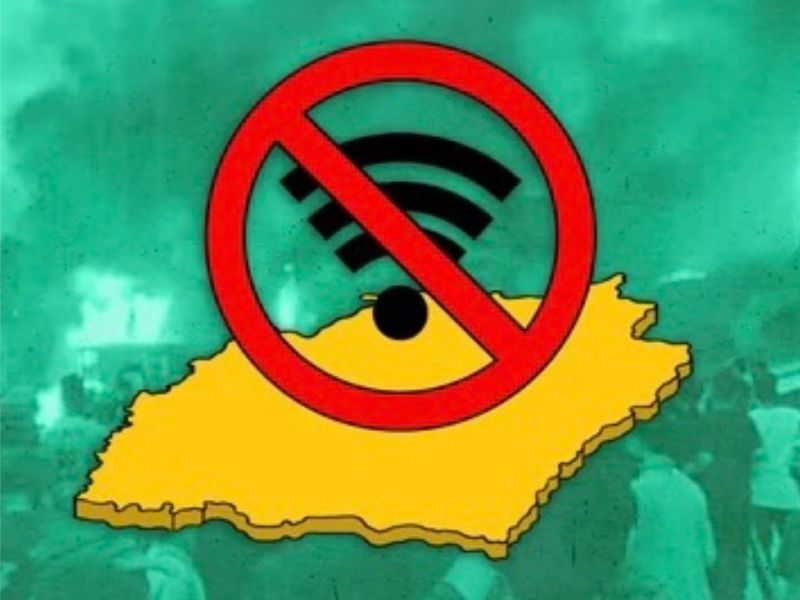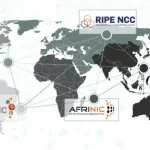- Disruption in Manipur: Early May 2023 violence followed by a seven-month internet shutdown – world’s longest internet shutdown of 2023, cutting off vital services and exacerbating tensions.
- Marginalized communities suffer the most: Gender minorities unable to access healthcare, highlighting the disproportionate impact of the blackout.
- Advocacy and awareness: Saadia Azim and others speak out against shutdowns, with initiatives like the NetLoss calculator aiming to raise global awareness of the economic consequences.
Disruption in Manipur: What happens when the Internet shuts down?
When the Internet goes dark, its absence casts a profound shadow over communities. In early May 2023, in Manipur, a state in northeastern India, life was upended by outbreaks of violence between communities, followed swiftly by a government-imposed Internet shutdown. This was the world’s longest internet shutdown of 2023.
For seven long months, Manipur’s residents endured the loss of crucial online services, from remote work and telemedicine to distance education. Without the digital tether, they were cut off from the world, unable to voice their plight or seek assistance.
Saadia Azim, a public policy expert, emphasized, “The Internet provides a space where everyone can be equal. In India, even local merchants who cannot read or write use the Internet to make and receive payments. When you take that away, you cut people off from basic services, threaten their livelihoods, deepen the digital divide, and inevitably worsen conflict.”
Also read: African internet outage was caused by subsea cable break
Also read: Facebook and Instagram experience widespread outages
Unintended consequences: Exacerbating chaos and inequality
However, the government’s rationale for the blackout – to restore peace and curb misinformation – backfired spectacularly. Instead of quelling unrest, the shutdown exacerbated chaos, leaving businesses crippled and livelihoods endangered. False reports proliferated unchecked, exacerbating tensions.
The toll of the shutdown extended beyond economic losses. With communication severed, families and friends fretted over loved ones’ safety, their bonds strained by uncertainty.
“A close friend had just moved to Manipur from Delhi, and after the shutdown began, I couldn’t get through to her for nearly three months,” said Saadia.
Marginalized communities bearing the brunt
Even after the government lifted the ban partially, some areas remained underserved, compounding the struggles of those most in need. Saadia highlighted the plight of gender minorities wing of the Jawaharlal Nehru Institute of Medical Sciences in Manipur’s capital, unable to access crucial healthcare services.
“The Internet shutdown led to a cessation of operations at the institute and disrupted vital connections within the gender minority community, impacting their communication and mutual support systems. Seven months later, these individuals still can’t reach their healthcare center designed for their specific needs and safety,” said Saadia.
Advocating for the importance of the Internet
Amidst the adversity, advocates like Saadia urged global solidarity against Internet shutdowns. “It’s a chance for the global community to become more aware of and speak out about how vital the Internet is to our everyday lives, especially in times of conflict.”
In June 2023, the Internet Society launched the NetLoss calculator on Internet Society Pulse. It aims to raise awareness about the economic consequences of Internet shutdowns globally, measuring factors like GDP loss, changes in unemployment rates, and inflation caused by these shutdowns.
Fortunately, there’s optimism that dialogue and technological innovations will mitigate the impact of future shutdowns. As Saadia noted, the Internet’s importance is indisputable, not just in India but globally. The challenge lies in ensuring that its promise – of connectivity, opportunity, and empowerment – remains accessible to all.









